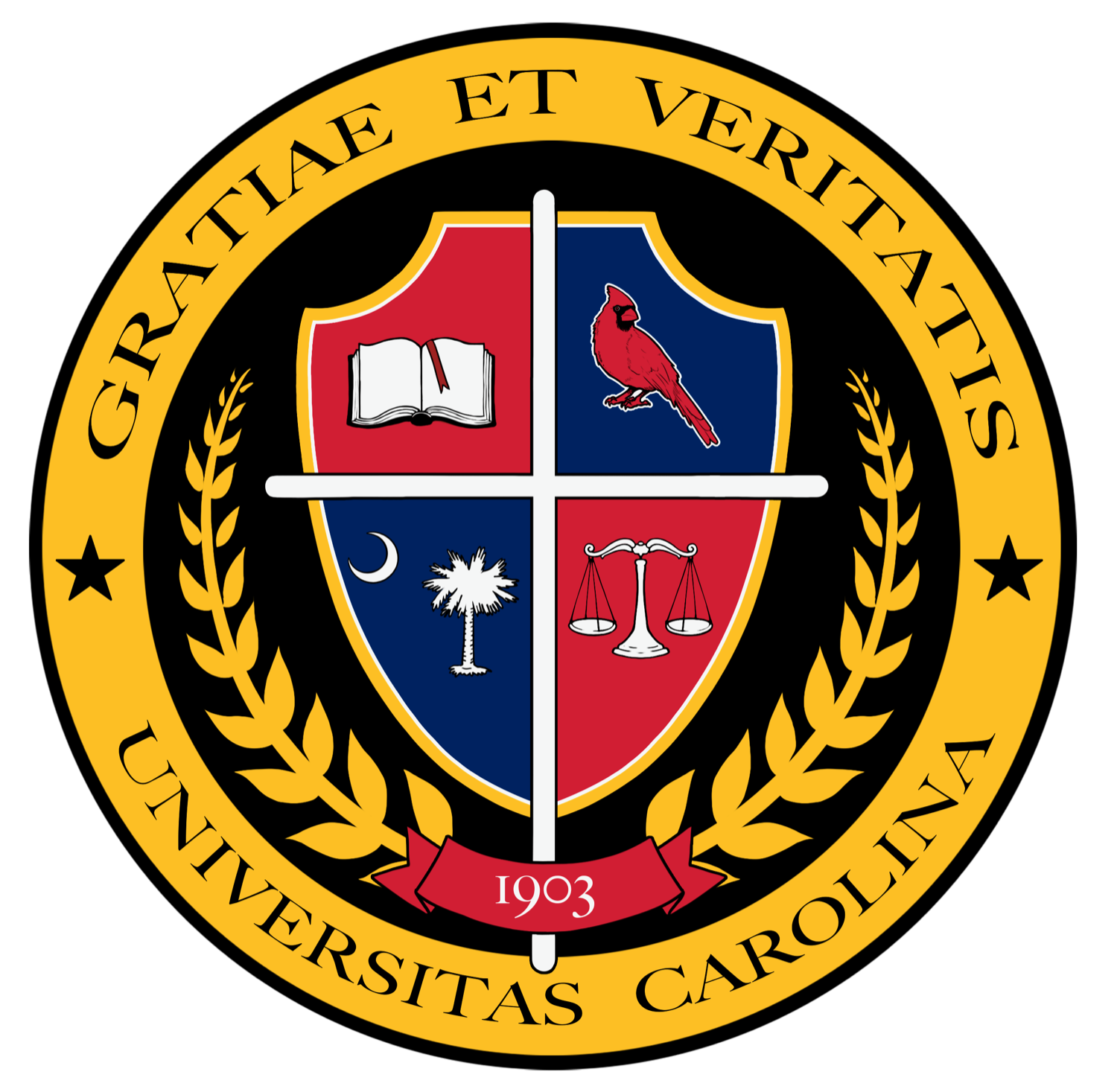Action Research at Carolina University
Author Dr. April Whitehurst
Assistant Professor of Education
The 2020-2021 school year has been like no other for educators. Due to the COVID-19 pandemic teachers have had to quickly learn to conduct classes online and to toggle between remote and in-person teaching, adapting to constant changes circumstances. Teachers in K-12 classes have had the added responsibility of constantly cleaning, assuring students properly socially distance, and monitoring appropriate masking!
In the midst of this turmoil, students in Carolina University’s Master of Education program have persevered in their quest to become skilled practitioners and leaders in their field. Most are teaching full-time while taking classes to complete their master’s degree with a concentration in either curriculum and instruction or leadership. This spring, for the first time, master’s students taking the capstone course are completing action research projects.
Action research empowers teachers to solve problems by effectively and systematically analyzing the results of new teaching strategies. Important to action research is the recognition that educational settings are unique, complex, and dynamic – therefore generalized solutions are not always effective. This idea recognizes the central position of practitioners in making informed decisions about their practice(Efron & Ravid, 2020).
Carolina’s Master of Education students are experienced teachers who understand the importance of becoming reflective practitioners. First students consider what they have learned throughout their course of study and think about how they can apply this information to a problem at their own school. After a review of current literature, students propose a plan to use this knowledge in their own specific setting. With the guidance of the professor, they design and implement a disciplined systematic study. The results of these studies provide vital information to inform educational practices in the student’s school or community.
Currently, Carolina students are completing action research projects in public and private schools across the United States, and the Bahamas. Topics include ways to include students with disabilities in physical education, using project-based learning to promote student engagement, considering how technology training has evolved and been implemented during the pandemic, considering different ways to question students, and implementing a school-wide writing program.
The faculty of the education department is proud of our students who are expanding their own teaching and leadership skills while creating valuable projects with the potential to improve learning and instruction in their community.
Recognition for the Deaf Community
Author Director Sally Evans
Director of Deaf Studies
It is an exciting time for the Deaf community. The inauguration featured the pledge of allegiance in English, and Black ASL and ASL interpreting was provided for all events. Access for the Deaf community is a priority seen most clearly by the presence of a Deaf and Hearing interpreting team at all the daily White House briefings.
The Deaf Studies Program here at Carolina University proudly boasts a predominantly Deaf faculty focusing on interpreting both for hearing and Deaf students. We offer courses in interpreting that include Vocational Rehabilitation, Educational Settings, Deaf/Blind, Legal, Mental Health, and Medical. Students work with certified interpreting mentors along with certified interpreting instructors. Class sizes have a teacher-student ratio of 12:1 with Deaf Mentors at all levels of ASL. The program focuses on cultural respect and a goal of excellence in providing access for the Deaf community.

